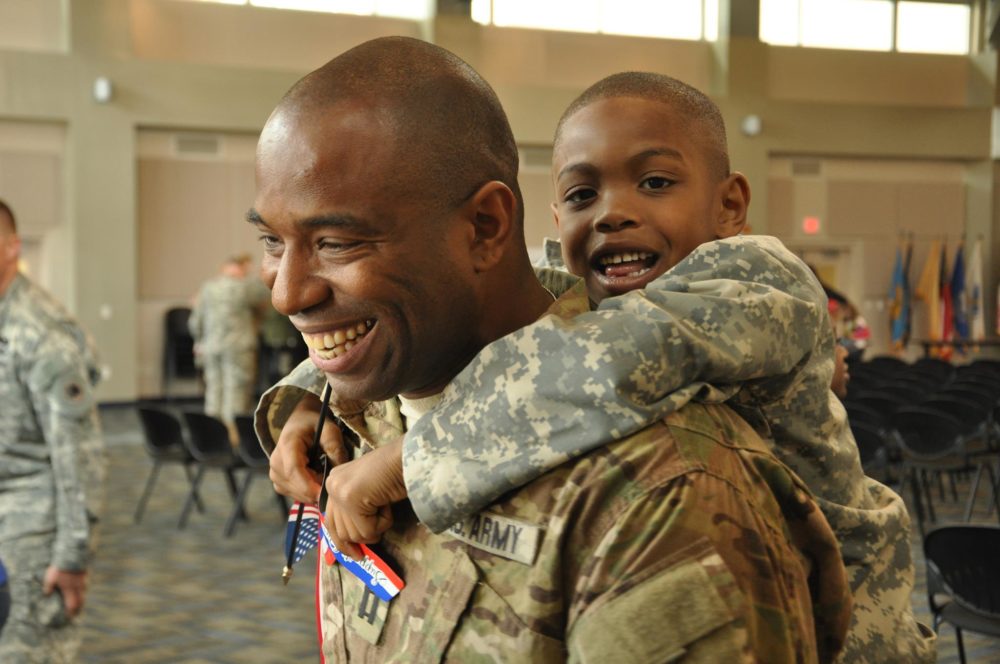PBS recently published a piece about how to act, what to say, and how to deal with children and their fear in the wake of a national tragedy. In it, they ended it the way we’d like to begin this one (which will provide the details around their findings — from psychologists — on the matter).
With a simple quote. An aphorism. A truth.
“I don’t think of the misery, but of the beauty that still remains.” – Anne Frank, The Diary of a Young Girl
Normalcy. It’s the proverbial safety blanket in the storm. The shining lighthouse in unforgiving choppy seas. It’s what we all long for, at some point, and it’s a welcome element at any time, but especially when you have a family and young children to raise.
After dire global and/or domestic news, like a terrorist attack, both youngsters and adults alike will have anxiety. With grownups, there’s a straightforward approach ease those fears — just take a gander at the news and you’ll find avenues to stroll to gain that sense of hope and order. With kids though? It’s not that easy.
These are tips from medical professionals on how to comfort your son/daughter/niece/nephew/cousin/etc. and make them feel safe …
Be concerned, but also put it into perspective
School psychologist Eric Rossen, Ph.D., told PBS that it’s cool to be worried and alarmed by something awful happening on the news, but be real and rational about it. Don’t go overboard. “It’s important to continue to remember that this is such a rare event, statistically and objectively speaking. It’s hard to bear because it’s so rare,” he advises.
Turn off the news
Humans weren’t really built to handle a 24-hours cycle. But that’s — for better or worse — our reality today. But it’s not a mandatory sentence. Take a break from it every once in a while. Your kid(s) will be less stressed and so will you. “The American Psychological Association recommends limiting the amount of time spent watching news reports, as constant exposure may actually heighten their anxiety and fears.”
Don’t ignore kids’ questions, but don’t be overly detailed either
Be proactive. Ask them what they hear at school or from their friends. The reason you do this is not only because a) it’s social and you should be talking to your kids but because b) it allows for misconceptions and misunderstandings to be sorted out and cleared up, which can lighten the load on a child’s mind when they’ve fixated on a detail that disturbs them.
Here’s how the aforementioned psychologist recommends summing bad news reports to kids, with an example:
And if kids have questions, Rossen says the key is to answer—not avoid—them without giving too much information. For example, you might explain the Connecticut shootings to a school-age child like this: “Someone went into a school and they hurt a lot of people. But we know that your school is safe, and you’re safe in your home.”
Stick to a routine
Having a daily schedule and sticking to it can serve as a relieving backbone for normalcy, and helps children (and adults too) deal with bad feelings and anxiety.
Be a role model
It’s true.
Don’t forget that you are your child’s role model during times of stress. [Eileen] Kennedy-Moore explains, “Children look to their parents to see how scared they should be.” Of course, if you are feeling anxious, make time to address your own needs, such as talking to friends or family or seeking guidance from religious leaders or counselors.
Let them take action, in their own way
While they’re not going to storm Washington looking for answers or join the military, there are ways young children can feel involved and “take action” in a manner that’s appropriate. So let them do it — because it’ll make them feel better about situation. Plus, an act of kindness is always welcome. Because why not?
Look for signs of abnormal stress
And here they are:
According to the American Psychological Association, signs of stress in children can include trouble sleeping, difficulty concentrating on school work, or changes in appetite. If those symptoms last for more than a week or two, ask your child’s teachers if they are observing the same thing and consult your school psychologist or pediatrician.
Be happy and remain positive
Was it Eric Idle who once sang “always look on the bright side of life”? We think it was.
“When you’re chewing on life’s gristle, don’t be sad, give a whistle.”
This is good advice. Keeping that head up is contagious. Everyone, including your kids, will pick up on it and benefit.




































